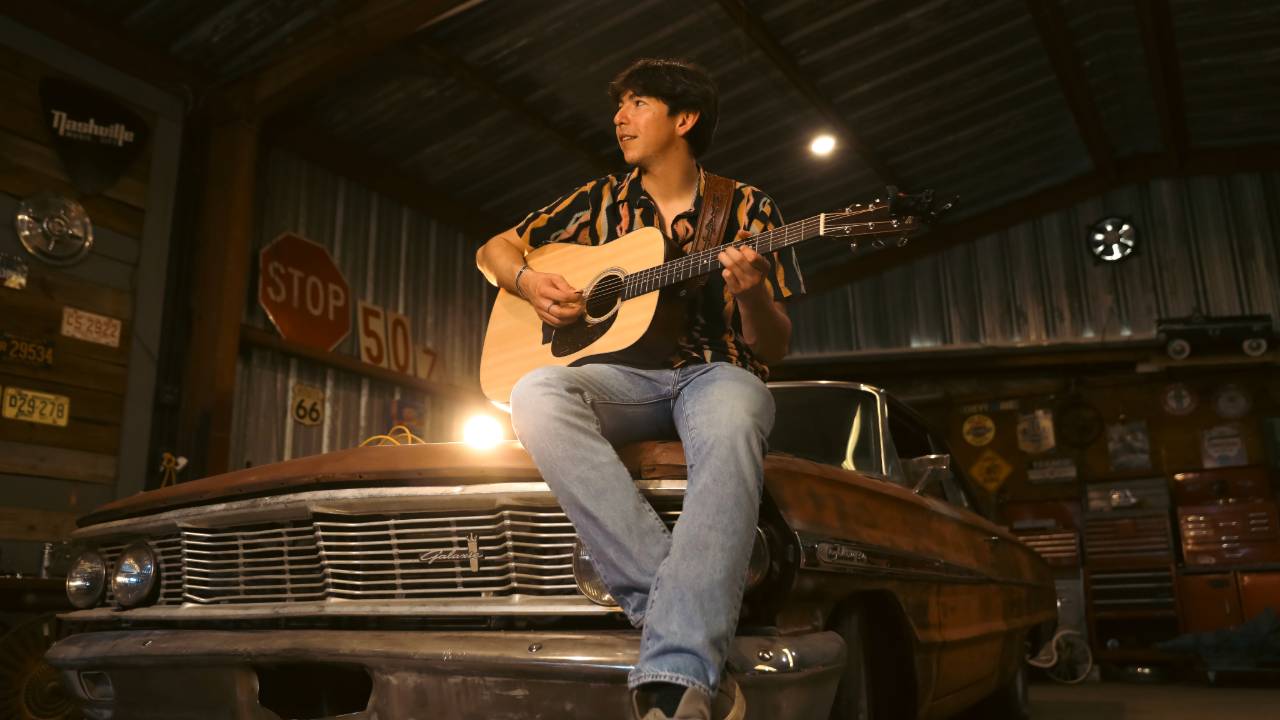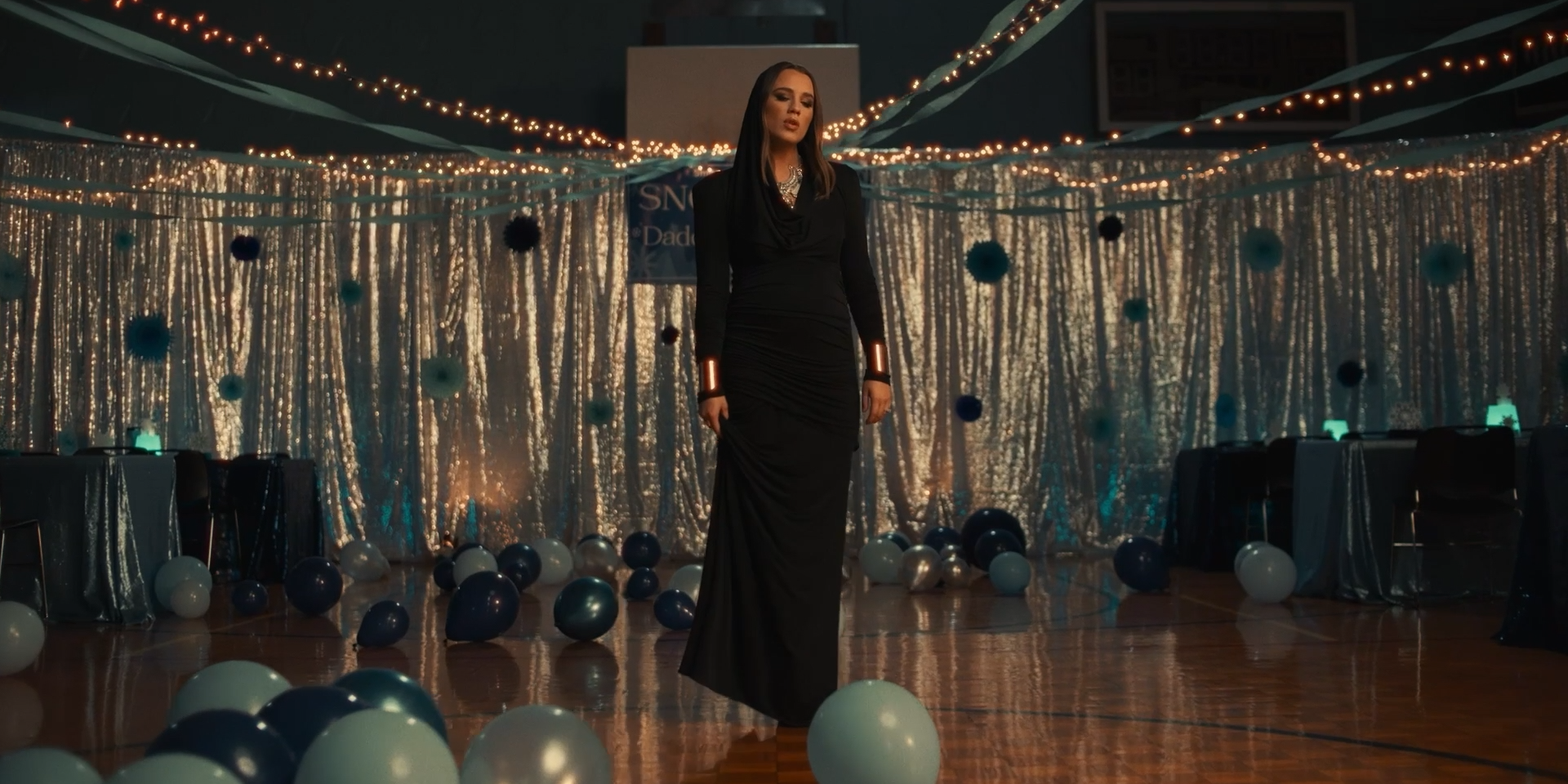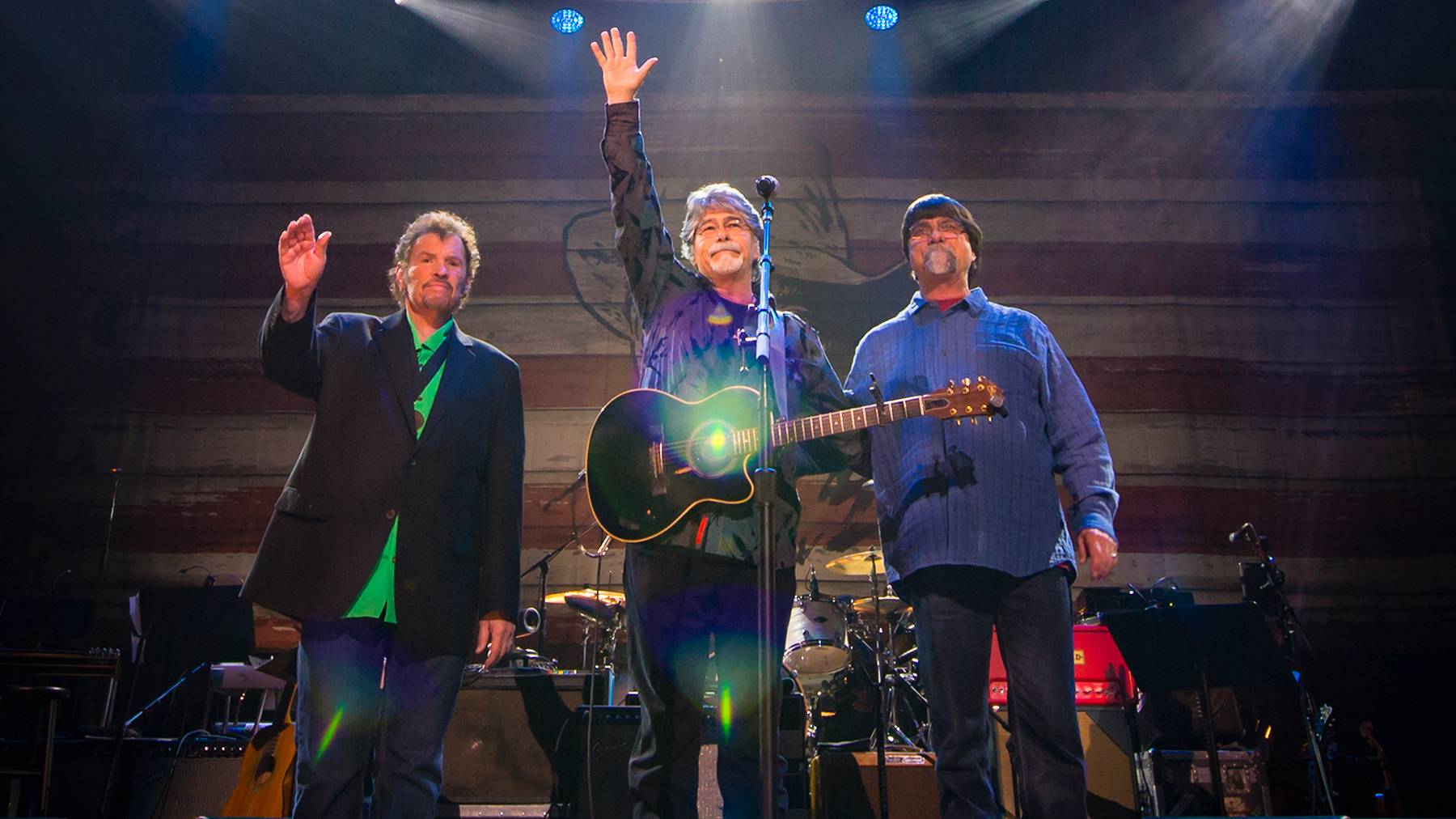Steel Guitarist and Inventor Buddy Emmons Dead at 78

Fabled steel guitarist Buddy Emmons -- whose sweeping, lyrical flourishes elevated such stylistically disparate classics as Ray Price’s “Night Life” and Judy Collins’ “Someday Soon” -- has died at his home in Hermitage, Tenn., at the age of 78. The exact date of his death has not yet been disclosed.
Born Jan. 27, 1937 in Mishawaka, Ind., Buddie Gene Emmons began learning to play the lap steel guitar when he was 11 and first came to prominence in the mid 1950s after joining Grand Ole Opry star Little Jimmy Dickens’ band.
“Buddy was a player’s player,” said Steve Fishell, the Grammy-winning producer and steel player who captained the 2013 album The Big E; A Salute To Steel Guitarist Buddy Emmons. “He came onto the scene in 1955 with Little Jimmy Dickens, already a full-formed master musician.”
Emmons would subsequently tour and record with Ernest Tubb’s Texas Troubadours, Price’s Cherokee Cowboys and with various bands headed by Roger Miller, the Everly Brothers, Ray Pennington and others.
In 1956, he and fellow steel guitarist Shot Jackson formed the Sho-Bud company to design and build pedal steel guitars. He left Sho-Bud in 1963 to establish the Emmons Guitar Company.
While working with Miller in California, Emmons also did extensive studio work during which he backed such artists as Collins, Gram Parsons, Ray Charles, the Carpenters, Nancy Sinatra, John Phillips and John Sebastian.
“It seemed that Buddy had a supernatural ability to play things so effortlessly and seamlessly on this really difficult instrument,” Fishell observes. “He could float between fiery single-note solos into cascading chordal movements and weave these into these beautiful solos and backup parts.”
Emmons’ diverse musical tastes were evident in the 1963 release of a solo album, Steel Guitar Jazz, an influential album that featured his versions of compositions by jazz musicians Sonny Rollins and Horace Silver. He also recorded Minors Aloud, a jazz album with guitarist Lenny Breau in the ‘70s.
Emmons, who often performed wearing a jaunty brown derby hat, returned to Nashville in 1974. In the ensuing years -- in addition to recording his own albums -- he played on sessions with a succession of major acts, among them Ricky Skaggs, John Anderson, Gene Watson and George Strait.
According to Fishell, Emmons was most proud of being a musical inventor.
“Buddy spent two years on the Ray Price bus working on the changes for the Emmons pedal steel,” Fishell says. “Buddy invented two pedal steels: the Sho-Bud in 1956 with Shot Jackson and then the Emmons guitar in ’64.
“Ray Price said -- and [singer] Johnny Bush [who toured with Price] confirmed it -- that Buddy would have a tool box and a slide rule, and he would sit there on the bus and work this out and build it manually. His proudest achievement is that he has his name on the U.S. patent for the push-pull pedal steel system for the Emmons guitar, which, at that time, was the leading edge for technical accuracy to move strings up and down and have them return in tune.”
Although Emmons did not play on The Big E, he asked Fishell to include on it a copy of the drawing for which he earned his patent.
Emmons was inducted into the Steel Guitar Hall of Fame in 1981.





